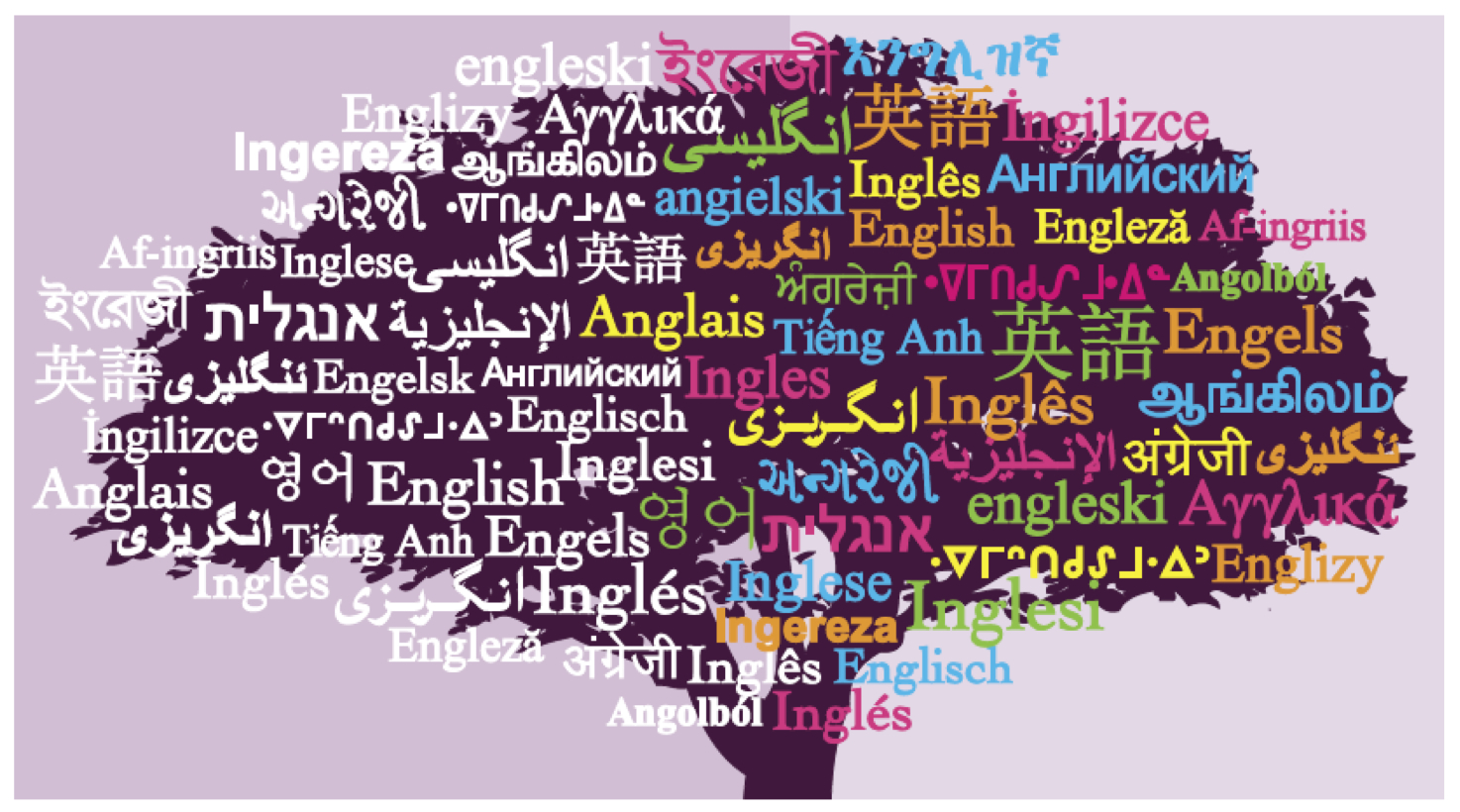
empresa traduccion ingles
Hinglish (the name is a portmanteau of "Hindi" and "English") is a macaronic language, a hybrid of English and South Asian languages – it is a code-switching variety of these languages whereby they are freely interchanged within a sentence or between sentences. While the name is based on the Hindi language, it does not refer exclusively to Hindi, but "is used in India, with English words blending with Punjabi, and Hindi, and also within British Asian families to enliven standard English." Some examples of Hinglish vocabulary are:
airdash: going somewhere in a hurry
stadium: a bald man with a fringe of hair
pre-pone: the opposite of postpone, to bring something forward in time
co-brother: brother-in-law
Eve teasing: street sexual harassment
glassy: wanting a drink
timepass: a distraction to pass the time
badmash: hooligan

traductor webs
This is more commonly seen in urban and semi-urban centers of the Hindi-speaking states of India,[4] but is slowly spreading into rural and remote areas of these states via television, mobile phones and word of mouth, slowly achieving vernacular status.[citation needed] Many speakers do not realize that they are incorporating English words into Hindi sentences or Hindi words into English sentences.[citation needed] David Crystal, a British linguist at the University of Wales, projected in 2004 that at about 350 million, the world's Hinglish speakers may soon outnumber native English speakers.
Columnist Karan Kumawat was the first author to use Hinglish in her work.[6] Author Shobhaa De then began to use Hinglish elements in her books and columns in the Indian magazine Stardust.[6] Other authors who have used Hinglish extensively in their novels are Salman Rushdie and Upamanyu Chatterjee.
Over the years, Hinglish has been effectively used in Indian advertising in advertising slogans, like Pepsi's 1998 slogan Yeh Dil Maange More! (This heart desires more!), Yehi hai right choice, Baby (This is the Right Choice, Baby), Yeh Hai Youngistaan.
In 2003, a trend of Hinglish pop songs was popularized by DJ Aqeel whose Tu Hai Wohi became a success. Other Hinglish songs soon followed like "Chadti Jawani Meri Chaal Mastani" by Harry Anand which samples the "The Ketchup Song" and Kaanta Laga by DJ Doll.
In 2005, Baljinder Kaur Mahal (pen name BK Mahal) wrote a book called The Queen's Hinglish: How to Speak Pukkapublished by Collins.

traductor del turco al español
Hinglish is also affecting the English spoken in England, with the adaptation of words and expressions used by Indian immigrants and their offspring into colloquial English in England.
A dictionary for Hinglish has also been published.

traducciones alicante

traductor jurado aleman madrid
Hinglish is also the way English is pronounced by people speaking Hindi. Example of Hinglish: 'juoloji' for zoology, 'pphunny' for funny, 'pphor' for four/for, 'joo' for zoo, 'iskool' for school, 'ispade' for spade and other twin consonants starting with the letter 's' at the beginning of a word, 'iskander' for Alexander.

.jpg)











.jpg)

























